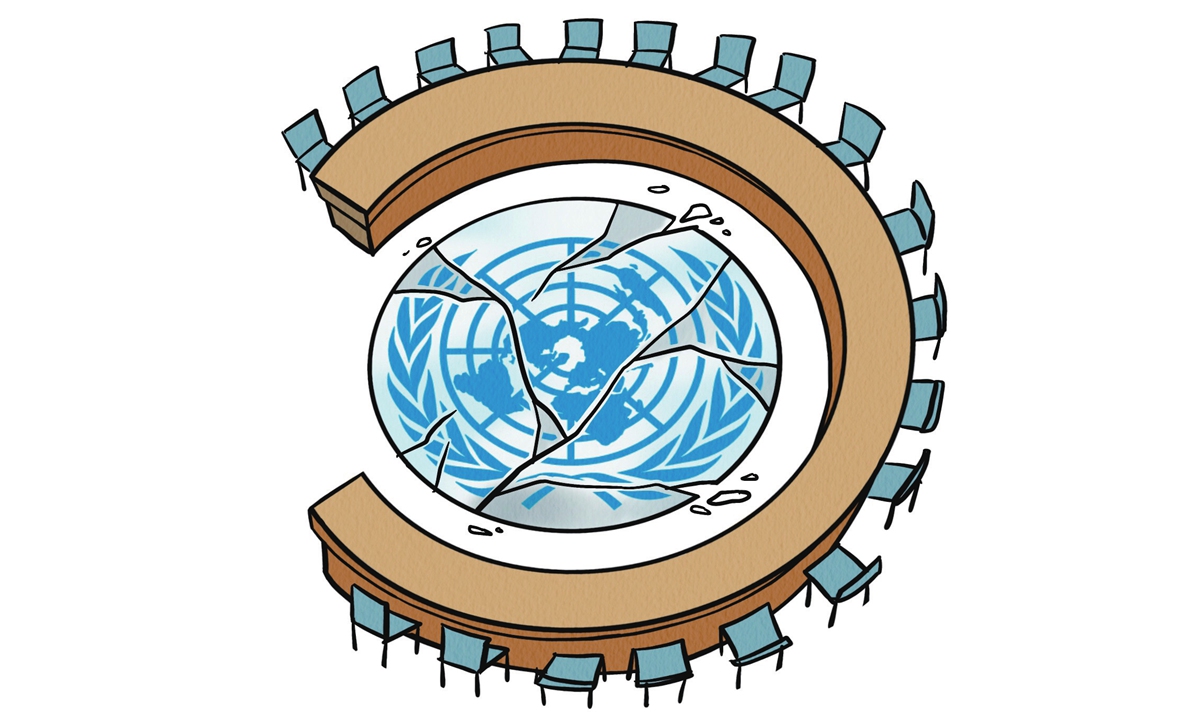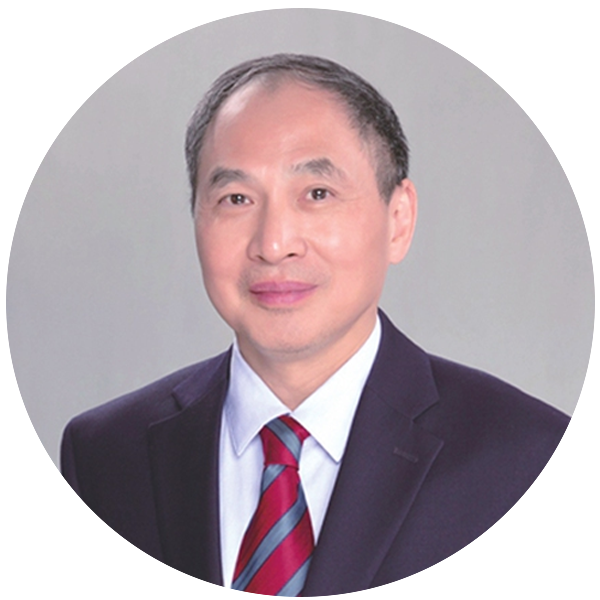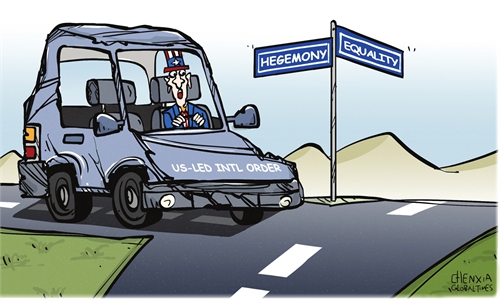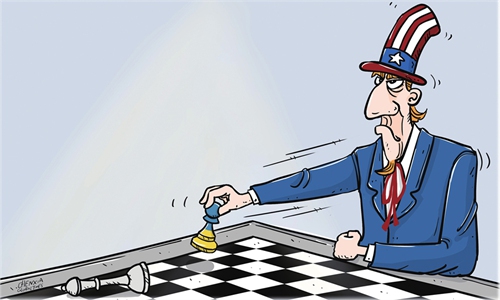
Illustration: Liu Rui/GT
UN Secretary-General Antonio Guterres warned on February 7 at the United Nations General Assembly (UNGA) that the Security Council (UNSC) is divided and the world is entering an "age of chaos."Guterres mentioned three key terms: "UNSC," "superpower relations" and "multipolar world." He made the point that the UNSC once played a role in managing relations between superpowers during the Cold War, thus achieving peace. However, in today's multipolar world, there has not yet emerged an international governance mechanism that conforms to a multipolar system, so the world has entered a state of chaos.
Since modern times, the core of international relations has been relations between superpowers. The UNSC is a system arrangement to safeguard overall world peace. The UN has at least two layers of institutional arrangements. One is the consensus and compromise mechanism of superpowers, namely the UNSC. The other is the participation mechanism of smaller countries, namely the UNGA and its related mechanisms. However, although the UN is an international family, smaller countries still need to maintain and develop their own interests through their relationships with major powers.
After the Cold War, the US emerged as the sole hegemon, determining the prevalence of unilateralism. NATO also initiated waves of eastward expansion, leading to the present-day conflict between Russia and Ukraine. The US' hegemony led to its excessive expansion on the international stage, thus the decline of the US on the international stage was at its peak. Although, comparatively speaking, the US remains the most powerful country in the world, and in some areas, its development is faster than any other country, unilateralism has depleted much of its strength.
The inability of the UNSC to manage the relationships between superpowers indicates the instability of the post-war international order centered on the UN. However, this is more of a superficial issue. The deeper reason lies in the changes in the economic foundation of the post-war international order, especially the geopolitical economic foundation. Looking around the world, there is no major country idling, they are all attempting to rise on the ruins of the old system.
Multipolarity is far from being shaped, and it is premature to say that the world will inevitably become multipolar. The world is still in a rapid process of change. Although we can say with certainty that the old order is rapidly disintegrating, we cannot be certain what the new order will look like.
Multipolarity requires a geopolitical and economic foundation to support it. Now, the world has long entered the information age, where information and data have become the core of the economy. Whoever controls the data can control the world.
The importance of information and data also indicates that the era of several empires coexisting may have passed. From this perspective, the future world order cannot exclude the possibility of the US dominating the world.
The model of the US dominating the world in the future is different from the temporary dominance after the end of the Cold War. The model of the US dominating the world in the future is further advanced than after the Cold War. This is because the US has the ability to construct a unipolar world order on its own, and this ability stems from the US' information and data capabilities.
In the field of artificial intelligence (AI), the reality of the US dominating the world is almost indisputable. In summary, in terms of AI, the world today can be divided into four models.
The first is the American model, which is completely development-oriented and the most aggressive. The second is the European model, which is characterized by defensive measures that transform the market into rules. The third is the "comprehensive openness and effective management" model of some Asian economies. These economies are fully open to the US, thereby eliminating the negative impact of the internet on local society. The fourth is the Chinese model. However, China has chosen a "regulation-oriented model," so although China has advantages in regulation, the US is far ahead in technology.
The difference between AI technology and all previous technologies is that, while all previous technologies were just technologies, AI is an ecosystem on which the world relies for survival. To a large extent, artificial intelligence is a "man-made god."
People hope for the emergence of a multipolar world order that can constrain the power of the US, but a multipolar world order is far from reality. If the US continues to have the ability to construct a unipolar world order, then this world order will be the worst that human society has ever seen. People must have a clear understanding of this.
The author is a professor at the Chinese University of Hong Kong, Shenzhen and president of The Institute for International Affairs, Qianhai. opinion@globaltimes.com.cn



